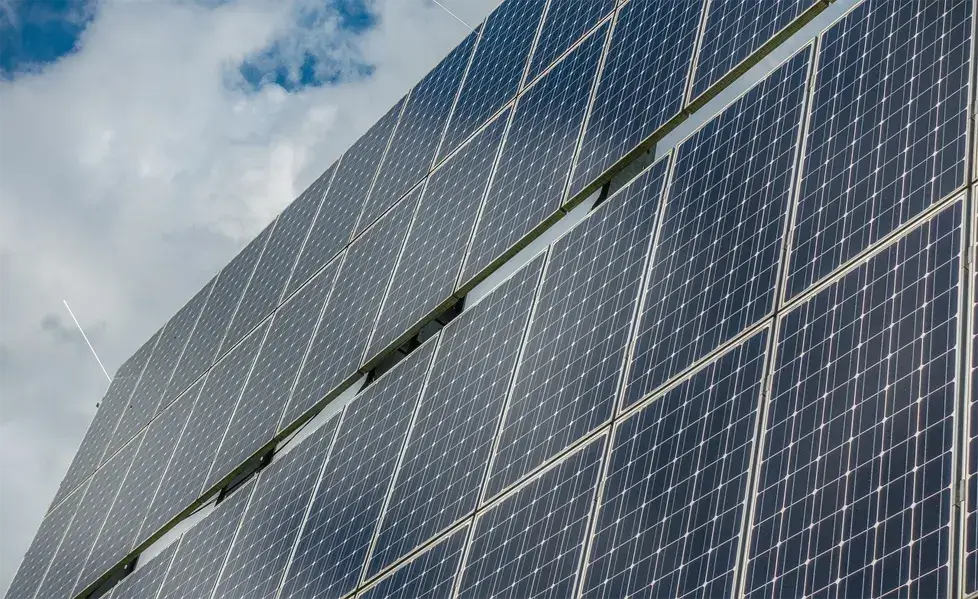The transition to sustainable energy is a global priority, and Australia is no exception. Off-Grid Energy, a term that’s becoming increasingly familiar, refers to energy systems that are independent of or can operate without the main power grid. These systems are vital for remote communities and can contribute to a more sustainable and resilient energy landscape. However, the path to widespread adoption of Off-Grid Energy is fraught with challenges. In this blog post, we’ll explore these challenges and discuss innovative solutions that are paving the way for a brighter energy future.
Addressing the Common Challenges Faced in Implementing Off-Grid Energy Solutions
1. Technical Challenges
The technical aspects of Off-Grid Energy can be complex. Implementing these systems requires expertise in various fields, including electrical engineering, energy storage, and renewable energy technologies. Some common technical challenges include:
- System Design: Creating a system that is efficient, reliable, and tailored to specific needs.
- Maintenance: Regular upkeep to ensure optimal performance.
- Integration: Combining different energy sources and technologies to work seamlessly together.
2. Financial Challenges
The initial cost of Off-Grid Energy systems can be a significant barrier. While these systems often prove to be cost-effective in the long run, the upfront investment can be daunting. Challenges include:
- Funding: Securing the necessary capital for installation.
- Return on Investment (ROI): Understanding and communicating the long-term financial benefits.
3. Regulatory Challenges
Regulatory barriers often arise due to the lack of clear guidelines and standards for Off-Grid Energy. Challenges in this area include:
- Permitting: Navigating complex permitting processes.
- Standards and Compliance: Ensuring that systems meet all relevant regulations and standards.
Discussing Technical, Financial, and Regulatory Barriers and Potential Solutions
Potential Solutions
- Education and Training: By investing in education and training, we can build a workforce skilled in Off-Grid Energy, addressing technical challenges.
- Incentives and Subsidies: Government incentives and subsidies can alleviate financial barriers, making these systems more accessible.
- Clear Regulations: Developing clear and supportive regulations can simplify the implementation process, reducing regulatory challenges.
Showcasing Innovative Approaches and Technologies that Help Overcome These Challenges
Innovation is at the heart of overcoming the challenges of Off-Grid Energy. Some exciting developments include:
- Microgrids: These small-scale power grids can operate independently or in conjunction with the main power grid, offering flexibility and resilience.
- Smart Technology: Intelligent systems that monitor and manage energy consumption, enhancing efficiency.
- Community Collaboration: Engaging communities in the planning and implementation process ensures that systems are tailored to local needs and encourages ownership and maintenance.
Conclusion
Off-Grid Energy presents an exciting opportunity for Australia and the world. While the challenges are real, they are not insurmountable. Through innovation, collaboration, and a clear focus on addressing technical, financial, and regulatory barriers, we can make Off-Grid Energy a practical and sustainable solution for our energy needs. The future of energy is not just in the hands of engineers and policymakers; it’s in all of our hands. Together, we can build a more sustainable and resilient energy future.

